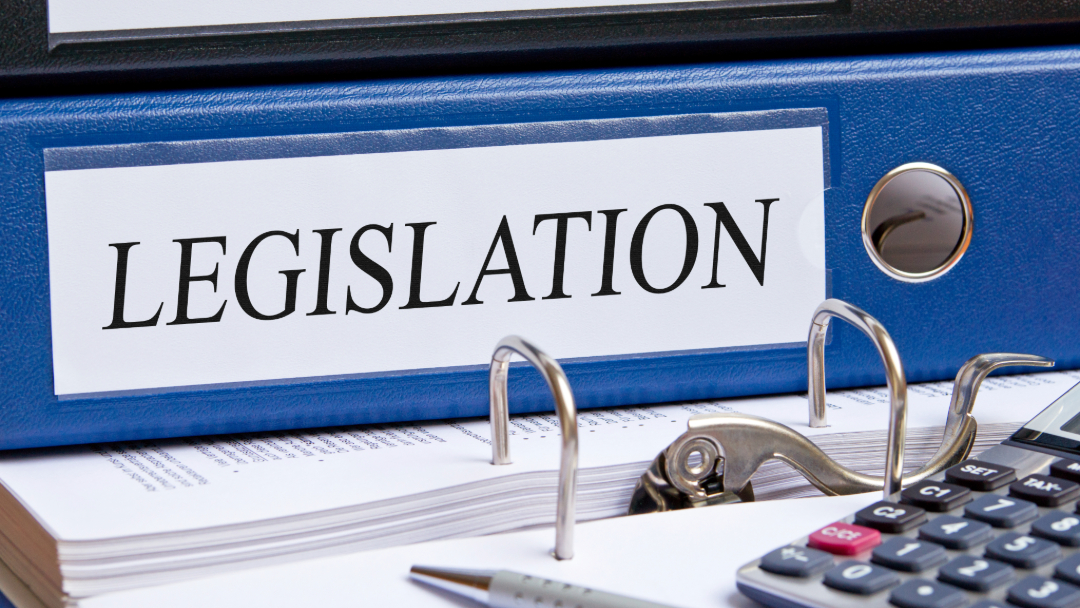Legislation is constantly evolving. In 2023, there were numerous changes to employment laws and standards both federally and provincially. Employers must ensure they update their policies, so they are prepared and avoid violating labour laws. To remain compliant, employers must stay alert and apprised. Here, we will explore crucial legislative changes that went into effect in 2023.
For those regulated by the Manitoba government, changes have been made to minimum wage and bereavement leave. For Federally regulated workplaces, there have been changes to work-related reimbursements, employee statements and the minimum working age.
Provincially regulated employers operating in Manitoba
Did you know that the bereavement leave in Manitoba has expanded eligibility? Bereavement leave now includes leave for both the death of a family member and for loss of pregnancy. This leave remains unpaid but has extended the allowable days from three days off work to five days away from work to mourn a loved one.
Bereavement Leave for the loss of a pregnancy applies to those who experience the loss of pregnancy, including both the pregnant person and the partner, or in some cases former partner, of the pregnant person. This new addition to the Bereavement Leave further includes the intended guardian of the child and the partner of the intended guardian. The partner, in this case, refers to spouse or common law. This revision to Employment Standards came into effect on May 30th, 2023.
Effective October 1st, 2023, the minimum wage has increased to $15.30. To stay informed, you can visit Employment Standards Manitoba, all minimum changes are posted on their website a minimum of 30 days prior to the effective date. These changes are often included in newspapers and other media before the effective date.
As a final reminder, employees in Manitoba continue to be entitled to the Public Health Emergency Leave. Under this leave, employees are entitled to leave protections, including job security, whilst COVID-19 continues to impact our communities. Any employee impacted by COVID-19 in the following circumstances is entitled to this leave:
- The employee must self-isolate as directed by a health professional or government guidelines.
- The employee is undergoing treatment, supervision or medical investigation related to COVID-19.
- A medical professional directs the employee to self-isolate or engage in other measures, resulting in an inability to work.
- The employee experiences side effects from the COVID-19 Vaccination, causing their absence from work.
- The employer advises the employee to remain at home to prevent the risk of exposure to others, including but not limited to employees/customers/visitors, etc.
- The employee cares for a family member because of COVID-19 (daycare/school closures, caregiving, etc.).
- Travel restrictions directly impact the employee, and they cannot attend work.
For more information related to Manitoba Employment Standards, please follow this link: Employment Standards | Employment Standards (gov.mb.ca)
Federally Regulated Workplaces
The Federal Government adjusts the Canada Labour Code every year to reflect changes in safety and society.
On June 12th, 2023, the minimum employment age increased from 17 to 18 years of age. Any employee under 18 is forbidden from working between 11 pm to 6 am. Employers wishing to employ minors must ensure the minor is not required to be in school by provincial law in the province where they usually reside. Furthermore, no minor is permitted to work in any occupation deemed hazardous. Examples of dangerous professions include underground mines, construction cement and asphalt pouring, and emergency services.
Additional changes have come into effect this year that directly impact the onboarding process for new employees. These new requirements also affect existing employees. Employment statements are now a required document for all employees. As of July 9th, 2023, employers must provide employees with a written employment statement within 30 days of the employee’s start date. Existing employees should have received their employment statements by October 7th, 2023. Employers must securely retain this information for at least 36 months.
Employment statements must include the following information:
- The employee’s job title and a description of their duties and responsibilities
- The duration of the employment relationship and start date (and end date if applicable).
- The location of the employee’s workplace and their working hours.
- If applicable, probation conditions and duration.
- An account of the necessary qualifications and training for the position
- Rate of pay (and how payment is calculated), overtime rate, mandatory deductions from wages, pay frequency and other forms of compensation (commission, bonuses, etc.).
- Information about reimbursement for work-related expenses.
Any changes made after the initial employment statement require the creation of a new employment statement to be provided to the employee within 30 days of that change coming into effect. Much of this information is traditionally included in a letter of offer or employment contract, so consider tweaking these documents to suit the above requirements.
Effective July 9th, 2023, employers must also provide all employees with information outlining the requirements for reimbursement of work-related expenses. Employers can list the criteria within the employment statement to meet this secondary requirement.
There are strict criteria for reimbursement eligibility. The reimbursements must be work-related and reasonable.
Furthermore, the employee must have paid the expenses out of pocket. Finally, the employee must not be obligated by a written employment agreement or collective agreement that would require an employee to cover this expense themselves.
As you can see, many impactful changes to Labour laws have occurred in a single year. We can expect more as Canada and Manitoba strive for new informational and safety standards in the workplace.

